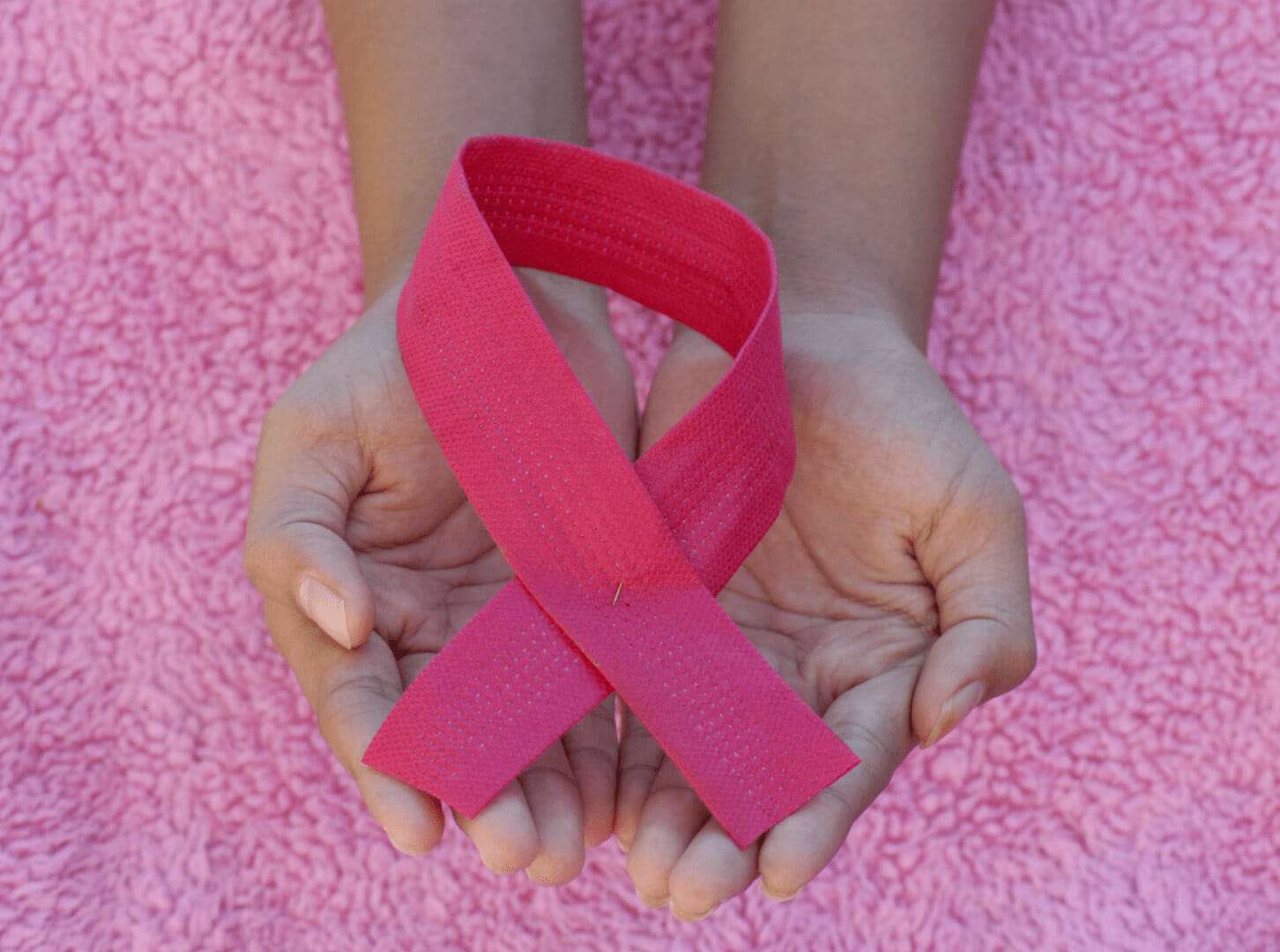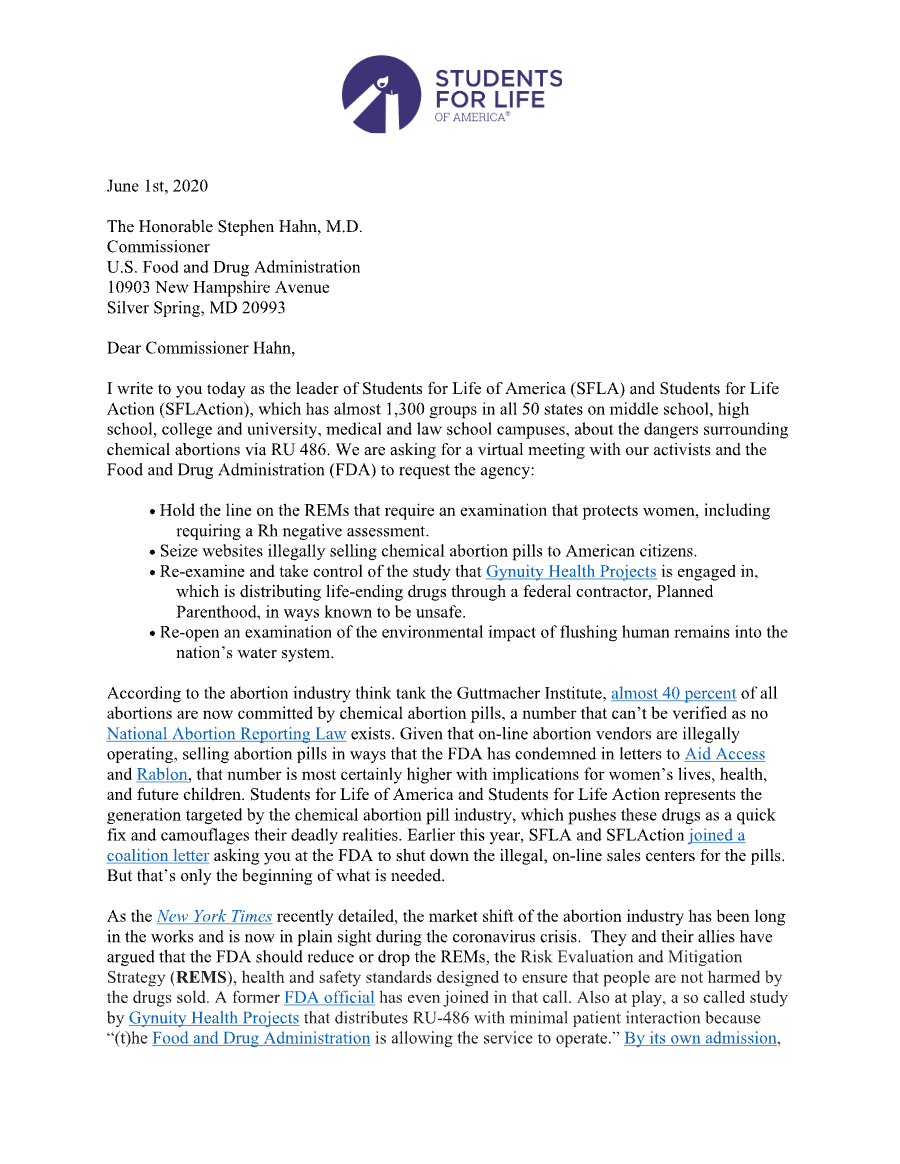
Rolling Stone has recently published yet another piece shilling for the industry of death, and it was a double whammy for the magazine this time — both a hit piece on a leader in the pro-life movement and blatant medical misinformation. They really knocked the pro-abortion narrative out of the park…because who needs journalism ethics anyways? Here’s what you need to know about why they’re wrong (again):
In a recent article, Rolling Stone author Tessa Stuart took aim at former Vice President Mike Pence’s organization Advancing American Freedom (AAF) for “spreading a lie” that abortion is linked to breast cancer. Her piece was in reference to an AAF video which featured a presentation by Dr. Angela Lanfranchi, a breast cancer surgeon and President of the Breast Cancer Prevention Institute, on the connection between abortion and breast cancer.

Despite Lanfranchi’s clear expertise in this area, Rolling Stone persisted in calling her message a lie — but let’s “follow the science” and see what other experts and studies have to say.
According to the American Association of Pro-Life Obstetricians and Gynecologists (AAPLOG), breast cancer does pose a long-term risk related to abortion if that is a woman’s first pregnancy outcome.
The CEO of AAPLOG Dr. Christina Francis wrote in a position statement, “When a young woman chooses to abort her first pregnancy, she loses the known protective effect of that pregnancy against breast cancer later in life. There are also compelling studies that the abortion itself may leave her breast tissue more susceptible to cancers.”
This is particularly troubling as we find in the Center for Disease Control and Prevention’s (CDC) latest abortion surveillance report that the majority of women (65%) who abort are in their teens and twenties, and almost 40% of women who abort have had no previous live births.

In addition, a 2014 study from the journal “Cancer Causes Control” concluded that just one abortion increased the risk of breast cancer by 44% due to disruption of natural maturation of breast cells that occurs during pregnancy.
As explained on Students for Life of America’s website, this study detailed that the large majority of abortions (90%) happen before 12 weeks of gestation — which is also before the cancer-vulnerable lobules (Type 1 & 2) have begun to differentiate into the cancer-resistant lobules (Type 3 & 4). As 99% of breast cancers arise in Type 1 and 2 lobules, studies show that this leaves post-abortive women vulnerable to breast cancer.
But there’s no need to bother with individual studies when you can look at a large collection on this topic. A study review in the Journal of Journal of Epidemiology and Community Health examined 23 different papers on the connection between breast cancer and abortion and found that nearly 75% of the scholarly material (17 of the studies) indicated an increased risk of breast cancer among women having an abortion. The Breast Cancer Prevention Institute also analyzed 73 studies on this matter and found that 57 of them noted a positive correlation.
How’s that for scientific consensus?

Clearly, it’s no wonder the abortion lobby is attempting to label this inconvenient fact as a “lie” — but the only losers with such malignant misinformation are women and the preborn.
Women deserve fully informed consent — not pro-abortion spin — before undergoing a procedure, and many would likely reconsider abortion if aware due to family health history. In the ideal world, abortion would be both unavailable and unthinkable; however, in our present condition, making known this very scary connection may also help to save preborn lives because nobody wants breast cancer.
As breast cancer rates continue to steadily increase each year, the abortion lobby needs to stop pretending they’re not a part of the problem. Thanks for not letting them off the hook, Advancing American Freedom!
Share this post
Recent Posts

Abortion Brags from Lily Allen & Hat from Cynthia Nixon Enrage Even Pro-Choice Americans. Can the Pro-Life Generation Take Some Credit?
11 Jul 2025
Young Mom Prayed for God’s Hand on Her Child – At Her Ultrasound Appointment, THIS Happened
11 Jul 2025
Letter to the FDA Regarding Chemical Abortion Drugs June 2020
10 Jul 2025
